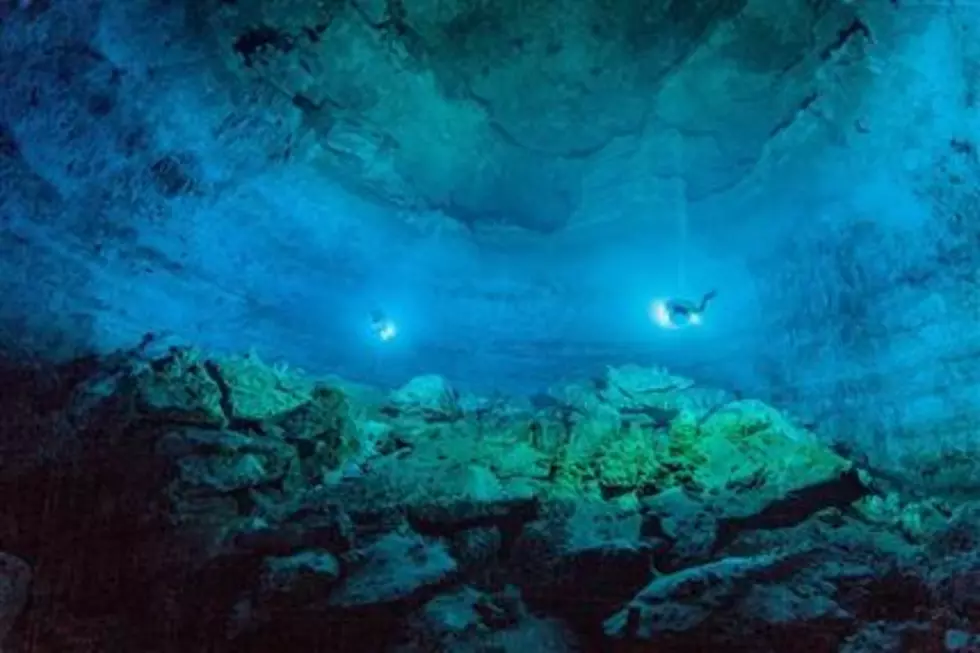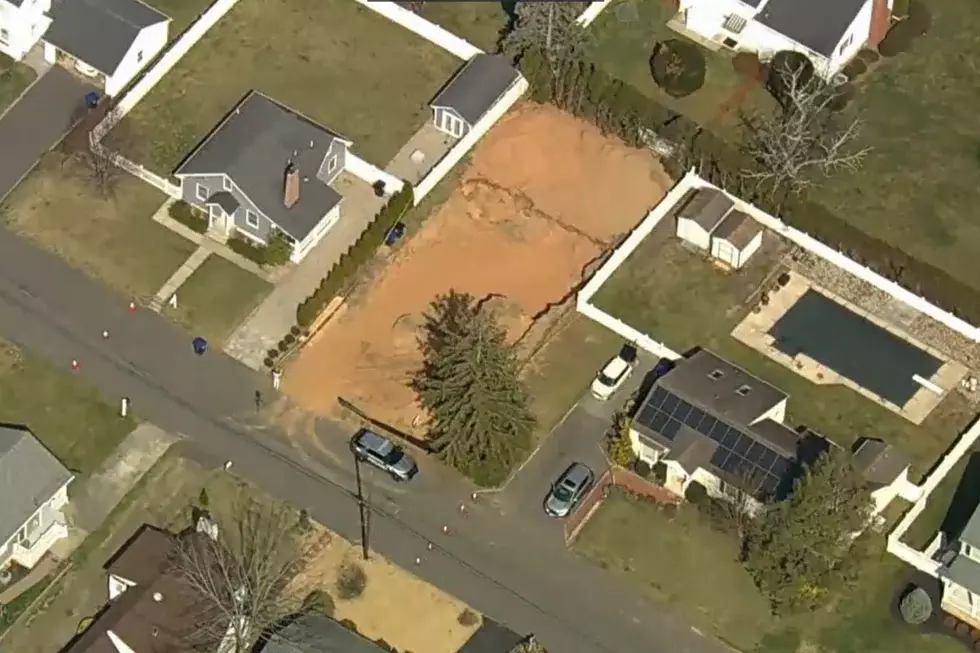
Mexico Plans to Extract 13,000-year-old Skeleton
Mexican officials say they plan to extract the entire skeleton of a teenage girl who nearly 13,000 years ago toppled into a deep hole in a Mexican cave and died.
In this Oct. 25, 2013 photo divers use lights to illuminate Hoyo Negro, an underwater cave in Mexico's Yucatan Peninsula where the remains of "Naia," a teenage girl who lived 12,000 to 13,000 years earlier, were found. (AP Photo/Roberto Chavez Arce via Science)
Archaeologist Pilar Luna said Monday that so far only a molar and a fragment of a rib have been removed from the underground cave where the remains were found in 2007. Divers who found the remains named the girl Naia.
Luna says that once recovered, the remains will be studied and then displayed, probably in Quintana Roo state where the teenage girl was found.
The discovery of the girl's skeleton is bolstering the long-held theory that humans arrived in the Americas by way of a land bridge from Asia.
More From New Jersey 101.5 FM









